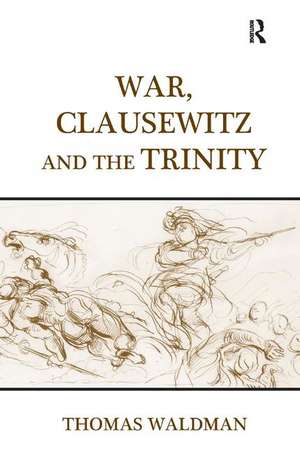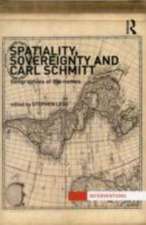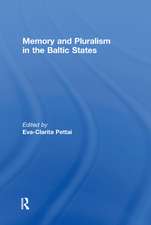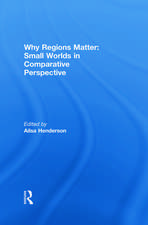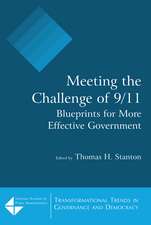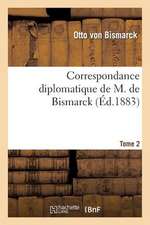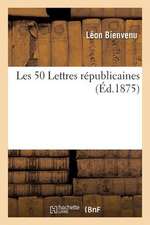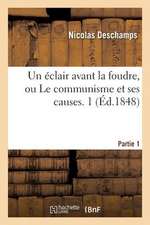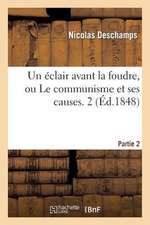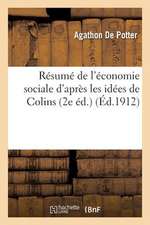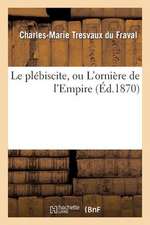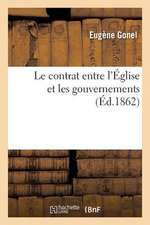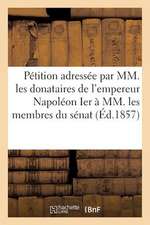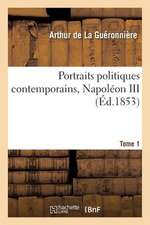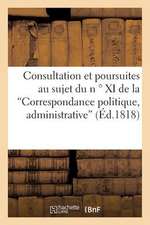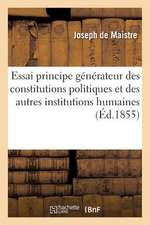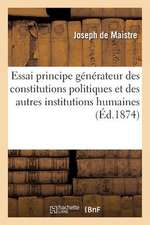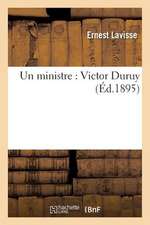War, Clausewitz and the Trinity
Autor Thomas Waldmanen Limba Engleză Hardback – 28 ian 2013
Preț: 1054.71 lei
Preț vechi: 1286.24 lei
-18% Nou
Puncte Express: 1582
Preț estimativ în valută:
201.85€ • 209.95$ • 166.63£
201.85€ • 209.95$ • 166.63£
Carte tipărită la comandă
Livrare economică 14-28 aprilie
Preluare comenzi: 021 569.72.76
Specificații
ISBN-13: 9781409451396
ISBN-10: 1409451399
Pagini: 216
Ilustrații: black & white illustrations
Dimensiuni: 156 x 234 x 14 mm
Greutate: 0.45 kg
Ediția:New ed
Editura: Taylor & Francis
Colecția Routledge
Locul publicării:Oxford, United Kingdom
ISBN-10: 1409451399
Pagini: 216
Ilustrații: black & white illustrations
Dimensiuni: 156 x 234 x 14 mm
Greutate: 0.45 kg
Ediția:New ed
Editura: Taylor & Francis
Colecția Routledge
Locul publicării:Oxford, United Kingdom
Cuprins
Contents: Foreword by Colin S. Gray; Preface; Introduction; Theoretical foundations; Context and circumstance; Politics: war as an instrument; Chance: the realm of uncertainty; Passion: the blind natural force; Interactions: the trinity as a unity; Reflections; Bibliography; Index.
Recenzii
’In this committed and intelligent exploration of Clausewitz's dynamic framework for the understanding of war, Thomas Waldman demonstrates the continuing value of the "remarkable trinity" of passion, chance and policy for understanding war. He uses it to engage directly with Clausewitz, as well as with his many critics and interpreters.’ Sir Lawrence Freedman, King's College London, UK ’Thomas Waldman penetrates to the core of Clausewitz’s timeless insights into war and politics and provides the essential modern guide to understanding his work and its continuing relevance. Clausewitz has been endlessly misunderstood. Waldman corrects those errors, focussing on the Trinity - or multiple trinities - identified by Clausewitz - that war is the unlikely alloy of primordial passion, logic and luck.’ Chris Bellamy, Greenwich Maritime Institute, UK ’Waldman provides a deep and insightful discussion of the relevance of classical Clausewitzian political-military theory to war in both the historical and contemporary worlds - a potent antidote to the ahistorical imaginings of the New Wars scholars.’ Christopher Bassford, National Defense University, USA and editor of The Clausewitz Homepage 'Few thinkers in the fields of politics and strategy are as instantly recognisable as Carl von Clausewitz, the 19th century military historian from Germany best known for his maxim, War is merely the continuation of politics by other means. Unfortunately for Clausewitz, owing to the catchiness of this quote, it is by now commonly taken to encapsulate his contribution to political thought. Thomas Waldman’s War, Clausewitz and the Trinity is a convincing antidote to this one-dimensional view, focusing on the conceptual trinity that Clausewitz argued makes up war: passion, chance, and politics. The book is an accessible introductory text for students of politics and war, as well as a research study that aims to provide a clearer depiction of Clausewitz’s thought
Descriere
In this book, Waldman explores Clausewitz’s central theoretical device for understanding war - the ’remarkable trinity’ of politics, chance, and passion. Through an in-depth reinterpretation of On War and Clausewitz’s other writings, conducted through the prism of the trinity and in the light of contemporary scholarship on war, this book draws on existing studies to present fresh perspectives into aspects of Clausewitz's thought and emphasizes elements of his theory that have often been neglected.
